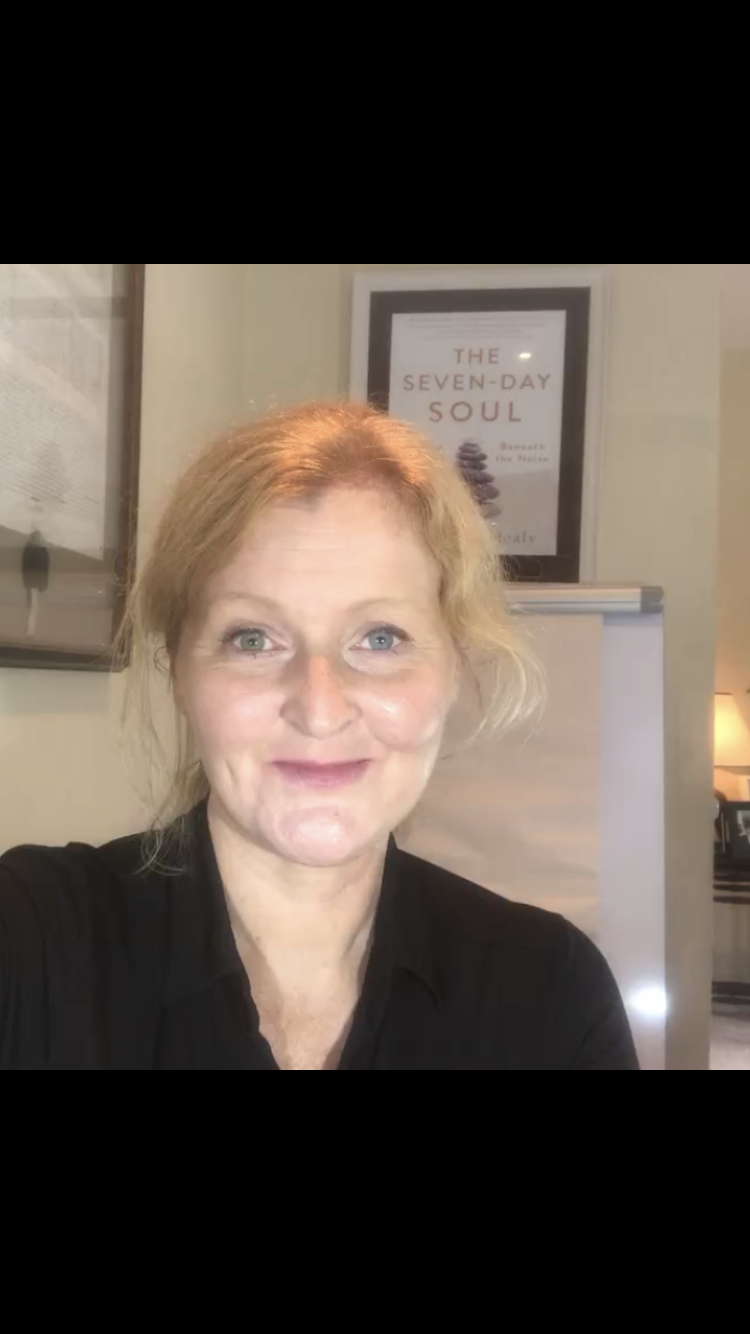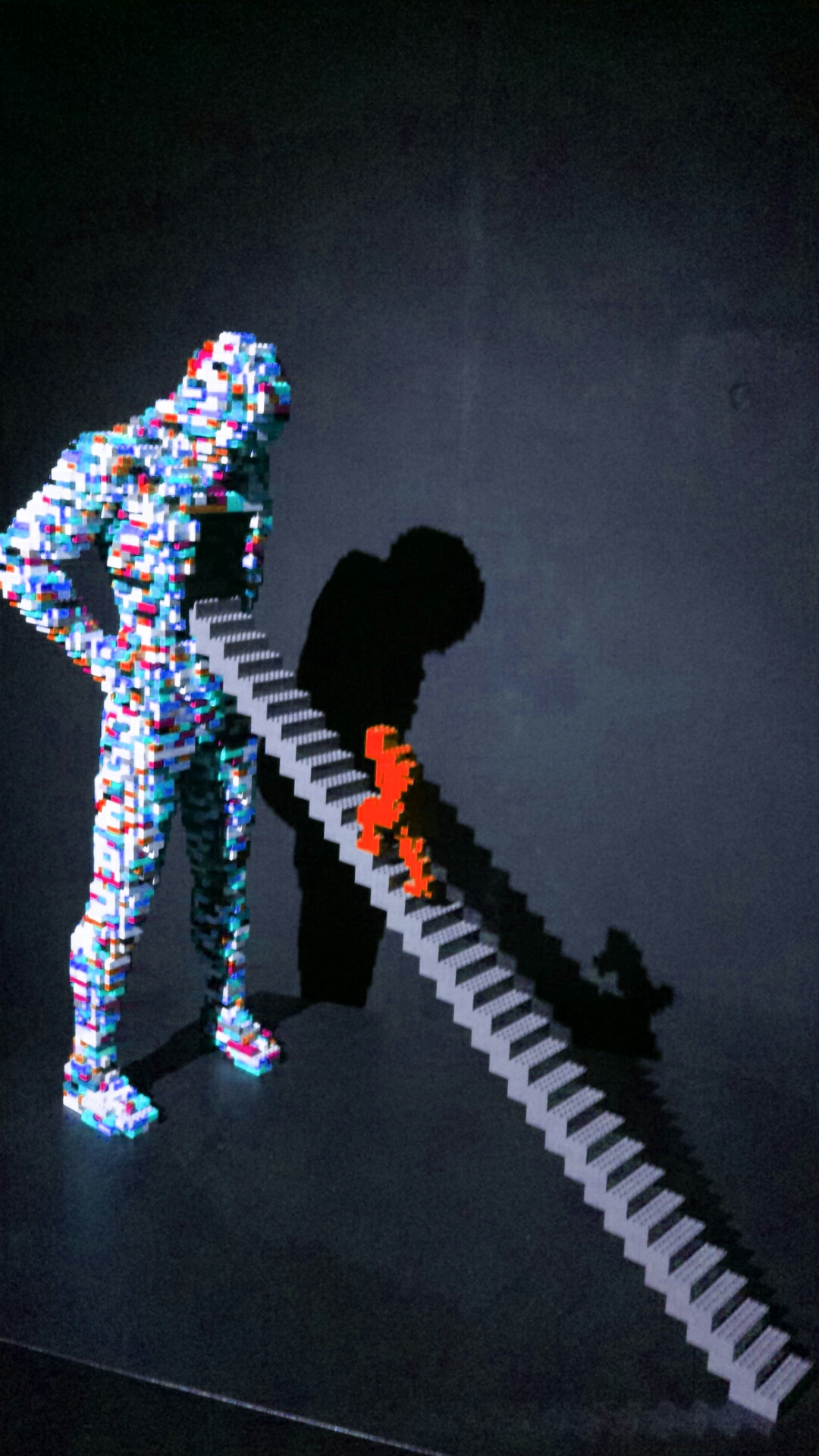Remembering Steve Jobs at the recent Apple launch, Tim Cook said;
“…he had the uncanny ability to unlock the talent of everyone he worked with. He thought deeply about our workplace and our surroundings and he believed that they should inspire talented people to do their best work”
Considering the fact that the average full-time worker spends approximately 50% of his/her waking hours at work (and sometimes a lot more), it is no surprise that we begin to expect more than a monthly pay cheque from our workplace. In fact, despite the endless growth in number of so-called “work-life balance” seminars, the very concept of work-life balance might be an unhelpful misnomer.
The word “balance” denotes that work and life
1) should be separate and
2) should be given an equal allocation of resources such as our time, energy and attention.
But it is only when a person is laid off or put on long-term sick leave that we begin to see the benefits of work, over and above the pay cheque. Our work then shows itself to be an enormously important vehicle for our wellbeing. It offers us the opportunity to fulfil some of our most basic human needs for safety, achievement, mastery, personal growth and human connection. A study carried out by Hungarian psychologist Mihaly Csikszentmihali also found that opportunities to experience what he called the state of “Flow” were three times more available to us at work than in home life. “Flow”, that state of consciousness, where we become fully absorbed in what we are doing, where we lose all sense of time, and where we are challenged but not stressed by a task, gives us a type of happiness that Aristotle called “Eudaimonia” – a spiritual happiness.
Perhaps instead of looking to help employees to further separate their work and personal life, it may be more useful for workplaces to learn how to engage the whole of each employee; their mind, body and noetic (spiritual) core.
360⁰ Engagement
360⁰ engagement means a full immersion of the person and the way they want to live. It means creating a place where a person can develop in to the best version of themselves, where they feel they are fulfilling their unique potential and becoming the person they can be. It means helping them to connect with the spiritual core of their being (for the religious person this will be how they know God, for others, their True Self) and fully integrating their need for self-development, values, self-worth, reflection, self-transcendence, personal ethics, compassion and meaning, within the workplace.
Showing the meaning of a role or task means providing the person with the “why” of what they do and the unique qualities that they can bring to it. Meaning gives a person the macro, bird’s eye view, the “how” of how their work connects to the bigger picture. It imbues seemingly empty tasks with purpose. Meaning creates a pull forwards in us towards what we can be and thus our motivation moves from being extrinsic (push, what the boss wants of us) to intrinsic (internal, what inspires us). But it is not the only aspect of spirituality that can benefit the workplace.
Holistic HR as a Management Tool
Spirituality is deeply personal, but it is not private. It includes themes hugely relevant to our working life such as discernment, self – transcendence, self-actualisation, self-control, creativity, awe, humor, communication, spiritual leadership, compassion, meaning and other themes. These are difficult concepts that business to date has shied away from. But research has shown that these aspects of ourselves are modifiable, learn-able and achieve measureable benefits including increased engagement, reduced absenteeism and a reduction in reported stress levels. Integration of these concepts must be done alongside a sincere shift in the corporate culture so that the noetic needs of each person is recognised in all aspects of day-to day operations. If a company achieves this, the organisation itself develops a noetic core that ultimately becomes part of its brand. It begins to self – transcend and become a force for good over and above (but including) its financial function. Recruiting the best candidates then becomes easier as job hunters compete to be part of the value system that the company embodies.
We have come a long way in learning to recognise two important aspects of what makes us human. But despite the huge increase in physical health awareness and psychological training programs, stress and suicide rates are still on the increase. Perhaps we will finally find the courage to recognise the 3rd pillar of human wellness – our spiritual selves.
Twitter: @SusannahHealy
Facebook: SusannahHealy.com
Website: www.SusannahHealy.com


